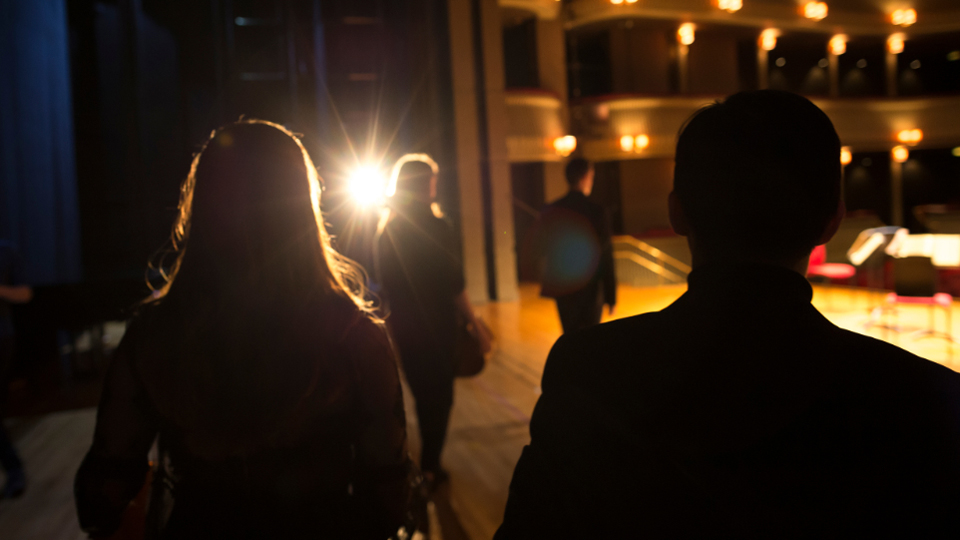
If you asked most people, “How’s your relationship with your performance anxiety?”, you would not expect a positive answer. We often see our P.A. (performance anxiety) as a combatant that we need to force away in order to perform well.
Peter Lin and colleagues (2008) organized a study to measure the effects of zen meditation on anxiety and musical performance quality. They recruited interested music students from the Manhattan School of Music, the Teachers College Columbia University, and Mannes College of Music in New York, and set out to study the effects of meditation over an eight-week period.
But what if we could change our relationship with performance anxiety, so that we didn’t feel like it was a battle for supremacy? Wouldn’t it feel so much better if we weren’t in a constant battle with a part of ourselves?
All of the students performed in a public concert before the study began, and again after the eight weeks. Their musical performance anxiety was measure after the performance, and their quality of performance was measure during the concert by designated judges in the audience. The group that was One group of students were taught meditation techniques, and were instructed to practice different forms of meditation for twenty minutes a day on their own. They additionally met for an hour a week as a group for guided meditation sessions. At the same time, the control group got no meditation training. After all of that, here is what the researchers found.
You might expect that the meditation group experienced less anxiety during the final performance, right? You would be wrong. They reported feeling more their anxiety more vividly after regular meditation.
As you might guess, this went against the original hypothesis of the researchers, which hoped to see reduced anxiety after the meditation training. But what was exciting was that the overall performance quality went up, as well as a change in the way the participants related to their anxiety.
In the non-meditating control group, the sensations of anxiety resulted in adverse psychological reactions such as, “I feel my heart pounding which means I am not going to play well.” The meditators, however were able to accept the resulting physical manifestations of anxiety without adding the psychological reaction, and were ultimately able to “channel the elevated state of arousal to a more focused attention on the complicated task at hand – the performance” (Lin, 2008).
So what does all this mean?
When committing to a regular meditation practice, part of what you are learning is how to gently direct attention on mental and physical states without becoming attached to the emotions or feelings one might experience. Through this training, the musical meditators were able to observe their anxiety from a distance, having the experience of “I am noticing anxiety,” rather than, “I am anxious.” This might seem like a small difference, but as supported by this and many other studies, this change can make a huge difference in our relationship with performance anxiety.
Lin, P., Chang, J., Zemon, V., & Midlarsky, E. (2008). Silent illumination: a study of Chan (Zen) meditation, anxiety, and musical performance quality. Psychology of Music, 36(2), 139-155.
Leave a Reply